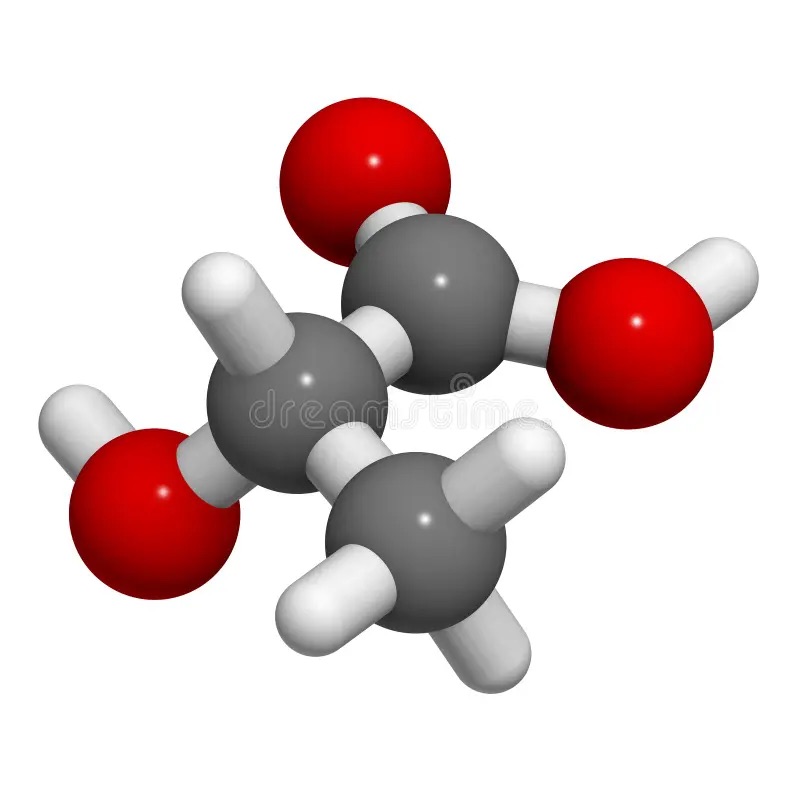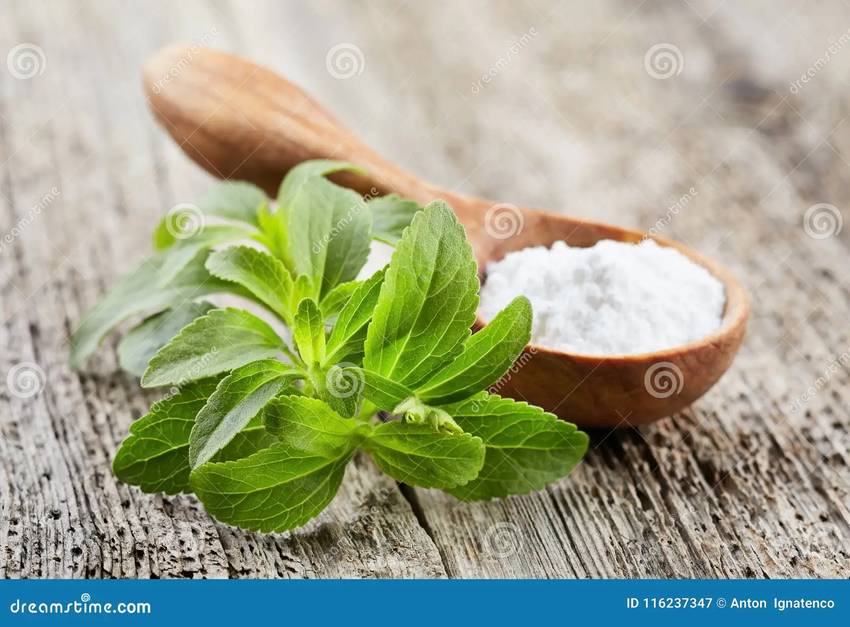Lactobacillus, a type of bacteria found in some fermented foods and supplements, offers several potential health benefits. Lactobacillus aids in digestion, supporting the immune system, promoting gut health by balancing the intestinal microbiota. It is believed to reduce the risk of certain gastrointestinal issues like diarrhea and irritable bowel syndrome (IBS). Some research suggests that certain strains of lactobacillus may have anti-inflammatory and anti-cancer properties, though more studies are needed to confirm these effects. They protect humans against potential invasions by pathogens, and in turn, we provides a source of nutrients for lactobacillus.
Lactobacillus is a genus of gram-positive, aerotolerant anaerobes or microaerophilic, rod-shaped, non-spore-forming bacteria. The genus Lactobacillus comprised over 260 phylogenetically, ecologically, and metabolically diverse species; a taxonomic revision of the genus assigned lactobacilli to 25 genera, according to Wikipedia.
Lactobacilli metabolise carbohydrates to produce lactic acid. Lactic acid is fuel for your cells during intense exercise. It’s created when your body breaks down glucose and other carbohydrates. Contrary to common belief, “lactic acid build up” is a misnomer; it does not cause muscle soreness nor does it build up in your muscles, according to the Cleveland Clinic.
Certain foods contain lactobacillus because they undergo a fermentation process where lactobacillus bacteria naturally occur or are added as starter cultures. During fermentation, these bacteria convert sugars into lactic acid, which not only helps preserve the food but also gives it its characteristic tangy flavor. As a result, these foods become rich sources of probiotics, beneficial bacteria that can support digestive health and overall well-being when consumed.
Foods that contain lactobacillus include:
1. Yogurt: Particularly those labeled as containing live and active cultures.
2. Kefir: A fermented milk drink made with kefir grains containing lactobacillus bacteria.
3. Sauerkraut: Fermented cabbage that can contain various strains of lactobacillus.
4. Kimchi: A traditional Korean fermented vegetable dish usually made with cabbage and radishes, which contains lactobacillus bacteria.
5. Miso: A traditional Japanese seasoning made by fermenting soybeans with salt and koji (a type of fungus), often containing lactobacillus.
6. Tempeh: A fermented soybean product that contains lactobacillus bacteria.
7. Pickles: Fermented cucumbers can contain lactobacillus depending on the fermentation process.
These foods can be part of a balanced diet and contribute to gut health due to their probiotic content.




